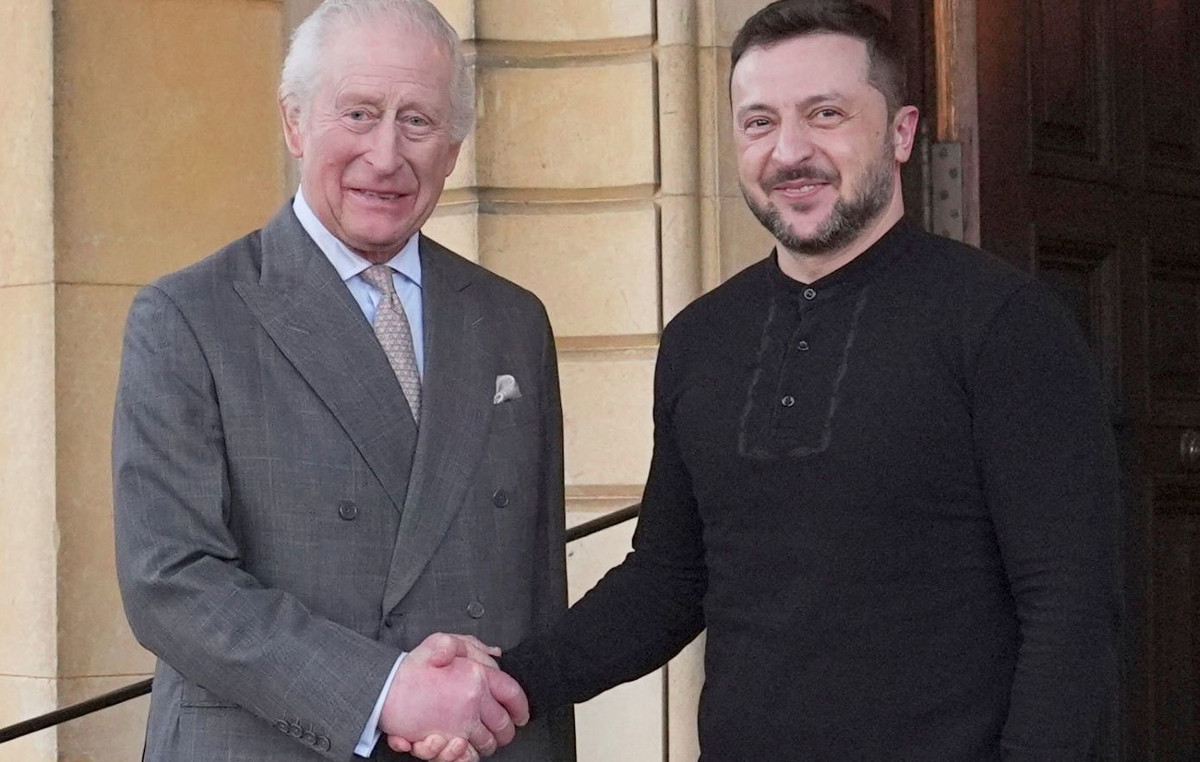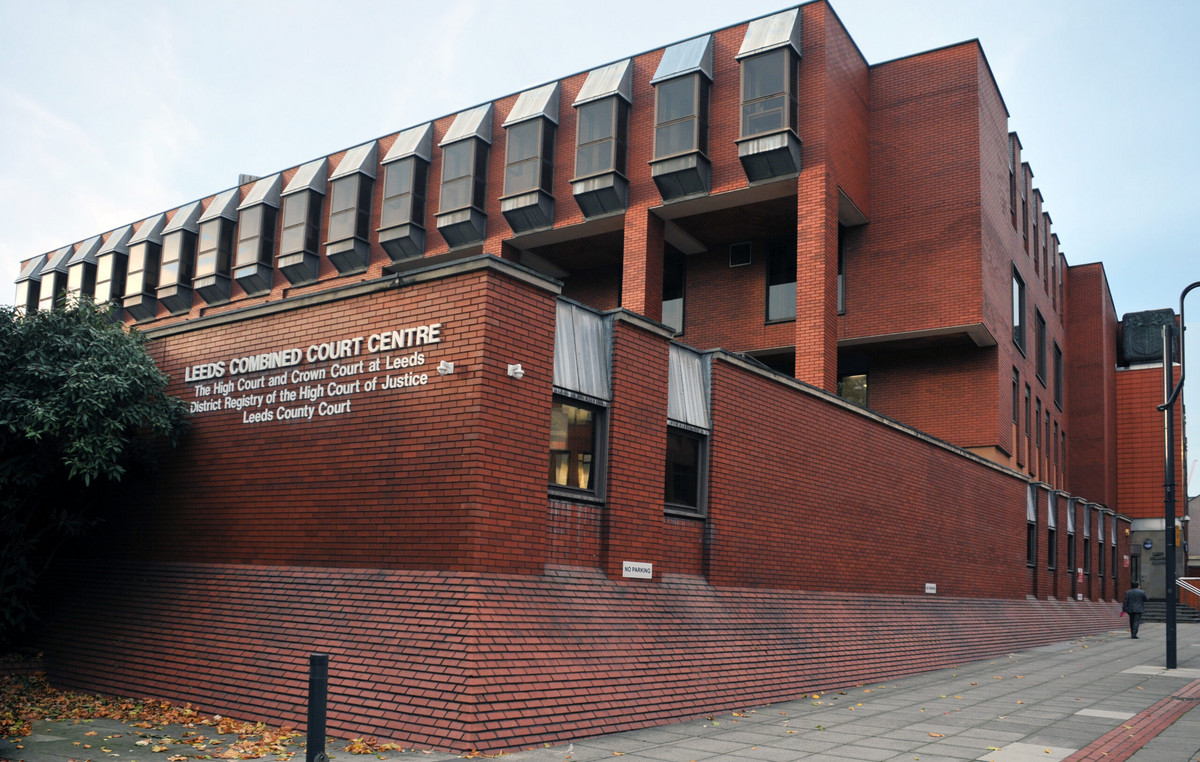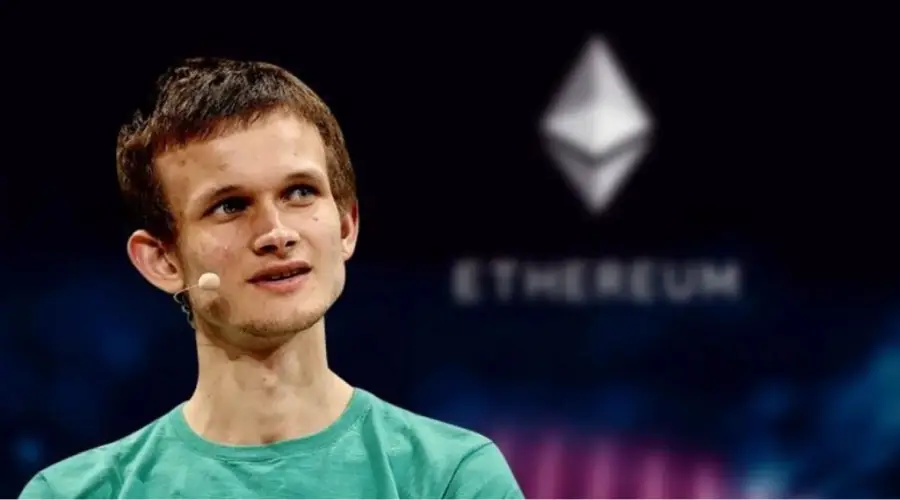Recent estimates suggest that one in eight people, nearly one billion individuals worldwide, live with a condition of mental health this rises to one in seven among those aged 10 to 19.
In addition to the harmful health impacts caused by the condition itself, people living with a mental disorder are also threatened by the harmful social consequences of stigma and discrimination.
The Covid-19 pandemic has highlighted urgent mental health needs around the world. In the first year of the pandemic, there was an estimated 25% increase in the prevalence of depression and anxiety worldwide.
However, despite the high incidence of mental health problems, stigma and discrimination are still present, leading to the exclusion of individuals from society and the denial of basic human rights, such as employment and education opportunities and access to health care. , including those focused on mental health.
Experts suggest that with radical action, it is possible to end stigma and discrimination against people with disabilities. mental health and their families around the world. For this, a group of researchers that make up the Lancet Commission on the subject established a series of recommendations.
What does the Lancet commission ask for
The new Lancet Commission is the result of the work of more than 50 contributors from around the world, including people with experience of a mental health condition.
Containing testimonies and poems from patients, the commission reviews the evidence on effective interventions to reduce stigma and calls for immediate action from governments, international organizations, employers, health care providers and media organizations, along with active contributions from people with experience in the area.
“Many people with lived experience of mental health conditions describe the stigma as ‘worse than the condition itself’. There is now clear evidence that we know how to effectively reduce and ultimately eliminate stigma and discrimination. Our commission makes eight radical, practical, evidence-based recommendations for action to free millions of people around the world from social isolation, discrimination and human rights violations caused by stigma,” says commission co-chair Graham Thornicroft of King’s College , from London, in a statement.
Co-author Charlene Sunkel, founder and CEO of the Global Mental Health Peer Network in South Africa and a person with schizophrenia experience, says:
“The Covid-19 pandemic has resulted in an increased number of people with mental health issues and urgent action is needed to ensure that these individuals also do not experience the potentially serious consequences of stigma and discrimination. We must empower and support people with expertise in mental health conditions to play active roles in stigma reduction efforts.”
Consequences of stigma
Experts argue that stigma related to mental health conditions takes many forms that lead to a multitude of often-underestimated consequences.
The Commission reviewed evidence on the impact of stigma and discrimination, as well as completed its own survey of people with life experience in mental health conditions from more than 40 countries around the world.
Researchers find that people with lived experience of mental health conditions often face stigma and discrimination that have a profoundly negative impact on their lives. human rights basics in all aspects of life.
Discrimination in educational and work settings, for example, leads to reduced employment and income opportunities. The links between mental health conditions and poverty are especially destructive in low- and middle-income countries. In addition, people with mental health problems may be denied the right to vote, marry or inherit property.
Stigma and discrimination are also significant issues for healthcare: healthcare professionals themselves do not always know how best to diagnose and care for people with mental health problems.
In addition, people with mental health problems tend to have a shorter life expectancy than the rest of the population. Investment in mental health is, on average, only two percent of total health expenditure. Meanwhile, mental health conditions are often excluded from health insurance schemes, unlike most physical health conditions.
In June, the World Health Organization (WHO) warned that mental health has been one of the most neglected areas of public health in the world. Underappreciated and misunderstood, the field receives a tiny fraction of the attention and resources it needs.
“Everyone with a mental health condition is affected by stigma and discrimination, but it is especially important to recognize how young people and their caregivers are affected. One in seven young people aged 10 to 19 suffer from a mental health condition. Misunderstandings about mental health and lack of acceptance continue to be a significant challenge for many young people around the world,” says Zeinab Hijazi, technical advisor on mental health at the United Nations Children’s Fund (UNICEF) and author of the report.
She warns that teens with mental health problems may refrain from seeking help if they fear stigma and misunderstanding from family, teachers and peers. “It is crucial that we reduce and eventually eliminate the stigma around young people with mental health issues so that they can experience life without discrimination,” she highlights.

Reducing stigma through social contact
The Lancet commission’s analysis emphasizes that forms of social contact (in person or remotely) between people who have or do not have life experiences with mental health conditions are the most effective evidence-based way to reduce stigma and discrimination.
Furthermore, it highlights the need for people with mental health problems to be strongly supported to lead or co-lead interventions that use social contact to reduce stigma and discrimination.
“We found that social contact, where the lived experiences of people with mental health problems were shared with people who did not have such conditions, successfully reduced stigma when appropriately adapted to different contexts and cultures. It is crucial that we see more organized social contact, whether through face-to-face discussions, video calls, theater or cinema, between people with and without lived experiences of mental health conditions, if we are to end stigma and discrimination,” says Peter Winkler. , director of the WHO Collaborating Center for Public Mental Health Research and Service Development, in the Czech Republic.
Action plan
In order to end mental health-related stigma and discrimination, the commission calls on governments, international organizations, schools, employers, healthcare, civil society and the media to take urgent action and makes specific recommendations for each group.
For governments and international organizations, the commission recommends implementing specific policies to issue guidelines aimed at reducing and eventually ending stigma and discrimination.
Specifically, it is recommended that all countries take steps to decriminalize suicide, thereby reducing the stigma surrounding suicide and leading to fewer occurrences.
For employers, the Lancet guides evidence-based decision making to promote full access to educational opportunities, work participation and return-to-work programs for people with mental health problems.
For health and social care providers, experts recommend national training courses, which should include mandatory training sessions on the needs and rights of people with mental health problems.
With children and adolescents in mind, the Lancet commission stresses that school curricula should include sessions for students on evidence-based interventions to improve understanding of mental health conditions.
The press should systematically remove stigmatizing content and issue policy statements and action plans, based on the commission’s findings, on how to actively promote mental health and consistently contribute to the reduction of stigma and discrimination in mental health.
“Mental health affects us all, directly or indirectly, and now is the time for organizations and individuals to implement our recommendations to end stigma and discrimination for good. For this to really happen, it is essential that people with lived experience are key partners in anti-stigma initiatives”, says Guadalupe Morales Cano, director of Fundación Mundo Bipolar, in Madrid, Spain.
Source: CNN Brasil
I am an experienced journalist and writer with a career in the news industry. My focus is on covering Top News stories for World Stock Market, where I provide comprehensive analysis and commentary on markets around the world. I have expertise in writing both long-form articles and shorter pieces that deliver timely, relevant updates to readers.







